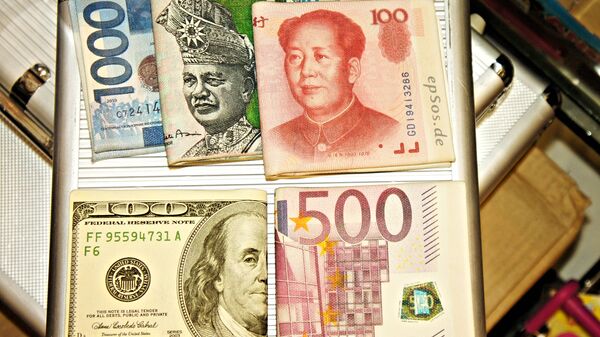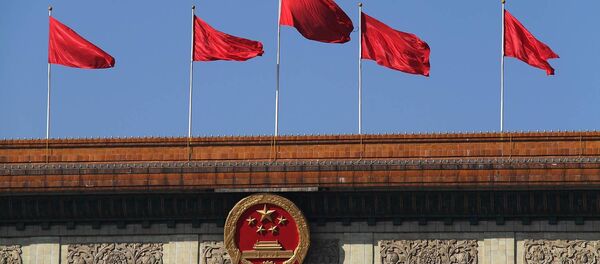"After the agreements are made, China will share intelligence with the US and Australia, which will also offer information to their enforcement agencies to conduct further investigations," Zhang Xiaoming, an official at the Chinese Ministry of Justice, told the paper, adding that "once law enforcement officers in the US and Australia identify illegal funds, they will immediately initiate judicial procedures to freeze and confiscate those criminal proceeds in their countries."
In addition, according to the report, the Ministry of Foreign Affairs announced that "China and Canada are also set to ink an agreement to share recovered assets that fugitives illegally transfer to Canadian destinations," while similar commitments are being discussed with the French government.
The newspaper reported figures from China's Foreign Security Ministry, which reveal that over half of corrupt Chinese officials have transferred illegally-obtained funds offshore. From 1990 to 2011, up to 800 billion yuan ($128.5 billion) was sent overseas by more than 18,000 officials fleeing the country.
As of December 4, according to Xinhua, 428 people suspected of embezzlement, residing in more than 60 countries, had been tracked down during the course of the anti-corruption campaign. Of that total, 231 had turned themselves in to authorities, and 141 had been involved in crimes which cost China more than 10 million yuan ($1.63 million). However, the Chinese government has been obstructed by legal restrictions in its efforts to recover assets discovered during the investigation.
The efforts to claw back assets held abroad are a part of President Xi Jinpeng's wider "anti-graft" campaign against corruption, which was launched in November 2012 and has entailed increased inspections of state organizations, reforms to the judicial system and the arrests of corrupt officials in China, among other measures.
Xinhua reported earlier this month that around 50 high-ranking corrupt officials at the provincial or ministerial level, labelled "tigers" in popular parlance, have been investigated for corruption offences since the campaign's instigation, and 84,000 low-ranking corrupt officials, nicknamed "flies," have been subject to disciplinary measures in the first half of 2014, a rise of 30 percent.




